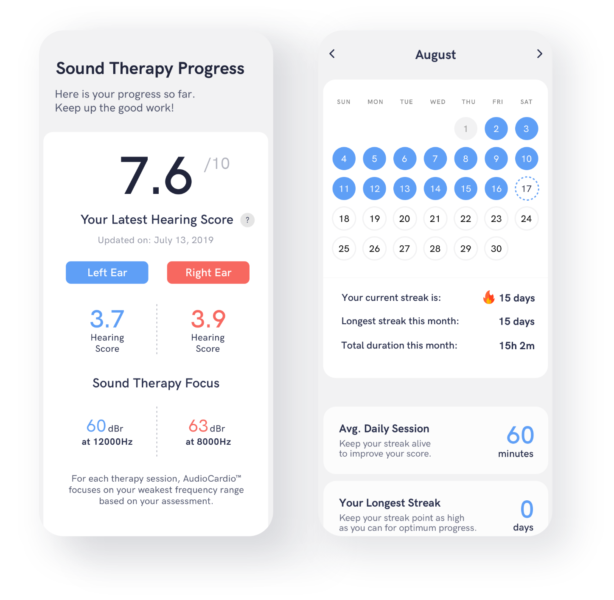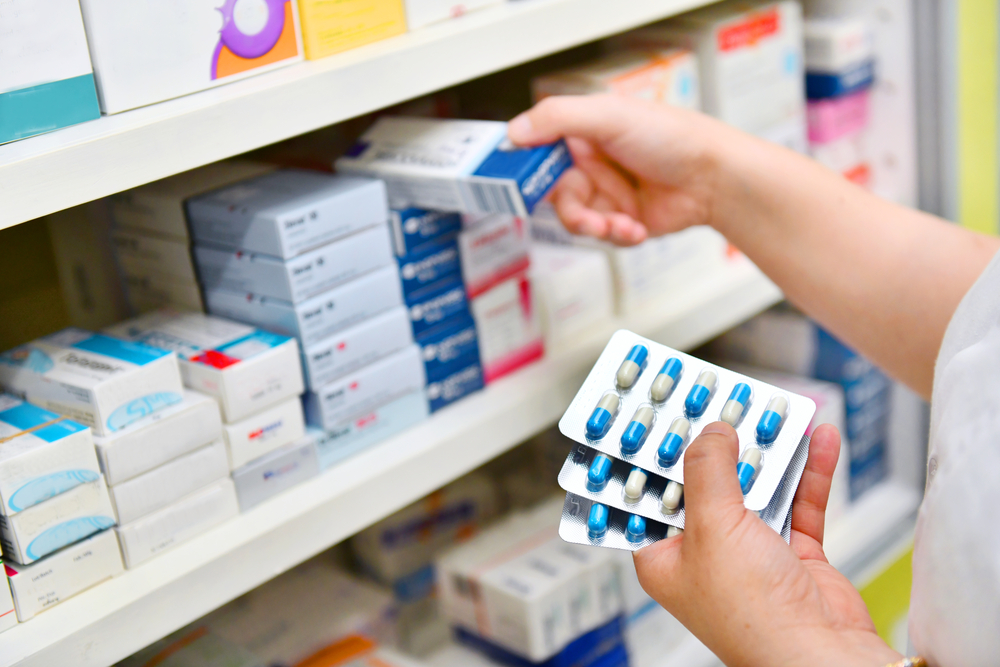The new NHS Pharmacy First service has officially launched, with more than 10,000 pharmacies across the country registered to deliver the service.
The new scheme was introduced by the government and NHS England on 31 January, to give patients quick and accessible care and ease pressure on GP services.
Pharmacy First enables community pharmacists to complete episodes of care for patients, without the need for the patient to visit their general practice. The NHS is hoping that this, alongside expansions to the pharmacy blood pressure checking and contraception services, will save up to 10 million general practice team appointments a year, and help patients access quicker and more convenient care, including the supply to appropriate medicines for minor illness.
The Pharmacy First Service builds on the previous Community Pharmacist Consultation Service (CPCS) by enabling community pharmacies to manage patients for seven common conditions, following specific clinical pathways. The overall service consists of three core elements:
- Pharmacy First (clinical pathways) – new element.
- Pharmacy First (urgent repeat medicine supply) – previously commissioned as the CPCS.
- Pharmacy First (NHS referrals for minor illness) – previously commissioned as the CPCS.
The seven conditions that patients can now get treatment for directly from their local pharmacy, without the need for a GP appointment or prescription, are:
- Sinusitis
- Sore throat
- Earache
- Infected insect bite
- Impetigo (a bacterial skin infection)
- Shingles
- Uncomplicated urinary tract infections in women.
The clinical pathways were carefully developed with input from a group of multi professional experts, including practising clinicians, antimicrobial resistance specialists, and representatives from national organisations. They have been approved by the National Medical Director at NHS England and the Chief Medical Officer for England.
Pharmacies have been working on antimicrobial stewardship for a number of years and we encourage them to use RCGP TARGET tools with patients. The pathways include self-care and safety-netting advice, and, when appropriate, pharmacists can supply a restricted set of prescription only medicines via patient group directions and/or over-the-counter medicines via clinical protocol.
Reporting of community pharmacy consultation outcomes will enable surveillance of antimicrobial supply through Pharmacy First. The NHS Business Services Authority will make this data available in much the same way as prescribing data via the ePACT2 dashboard.
Patients will access the new clinical pathway element by walking into the pharmacy directly or where appropriate, by contacting them by video consultation. In addition, patients will access the service via referrals from:
- NHS 111 (online, telephone and NHS App)
- Integrated urgent care clinical assessment services
- Urgent treatment centres
- Emergency departments
- 999
- General practice (GPs cannot make a referral for urgent repeat medicine supply).
Pharmacy contractors who have not yet registered to deliver the service are encouraged to do so by registering via the Manage Your Service platform.
Following the launch of the Pharmacy First service, the PDA is asking members working in community pharmacy in England to complete an online survey about their experiences. The PDA will use the survey results to further support members and develop future services.












Read our latest issue
Latest News
His Majesty The King becomes new Patron of RPS
New report highlights collaboration to enhance workforce wellbeing
incognito launch sustainable bracelet that repels insects
Lutein and zeaxanthin contribute to children’s eye and brain health
Latest Tweets